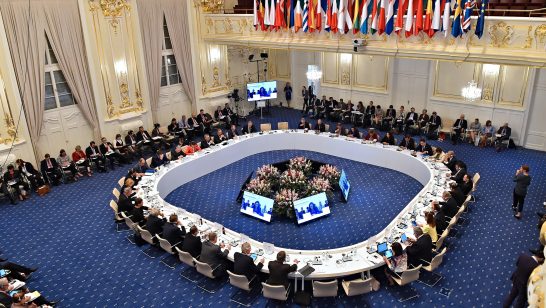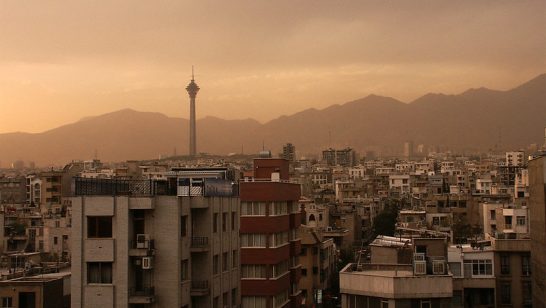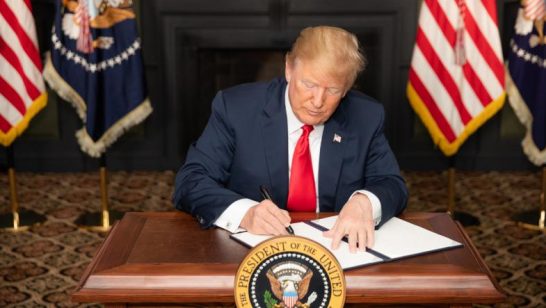
It is becoming increasingly clear that Europeans hold a weak hand on Iran that they must play as skillfully as possible.
They have chosen not to stand up to the US threat of secondary sanctions and as a result, are being comprehensively coerced by their closest ally. Consequently, they cannot offer the economic benefits that Iran expects from the Joint Comprehensive Plan of Action (JCPOA), nor have other JCPOA participants (Russia and China) and Iran’s traditional trading partners (such as India and South Korea) filled the gap. In response, Tehran has set a tempo of progressive steps away from full implementation of the deal that we may not have seen the full effects of yet. These have already reduced Iran’s break-out time, although not significantly, and are starting to irreversibly augment Iran’s nuclear expertise through research and development on uranium centrifuges.
Looking at the 2020 timetable, there is, for now, a strong sense of a potential car crash by the summer: a final collapse of the JCPOA, Iran halting voluntary implementation of the IAEA Additional Protocol (AP) and/or issuing notice of withdrawal from the Non-Proliferation Treaty (NPT), further military crisis, or all these things and more.
So what is the best path for Europe to take with regards to Iran in 2020? A December 2019 meeting of experts and officials, convened by the European Leadership Network (ELN) in partnership with the Hanns Seidel Foundation (HSF), weighed the options. These can loosely be grouped under the headings: Duck, Divert, Disrupt and/or Develop. This report considers each option in turn and offers recommendations for components of a future roadmap between Europe, Iran and the United States.
Download the Policy Brief here
The opinions articulated above represent the views of the author, and do not necessarily reflect the position of the European Leadership Network (ELN) or any of the ELN’s members. The ELN’s aim is to encourage debates that will help develop Europe’s capacity to address pressing foreign, defence, and security challenges.




